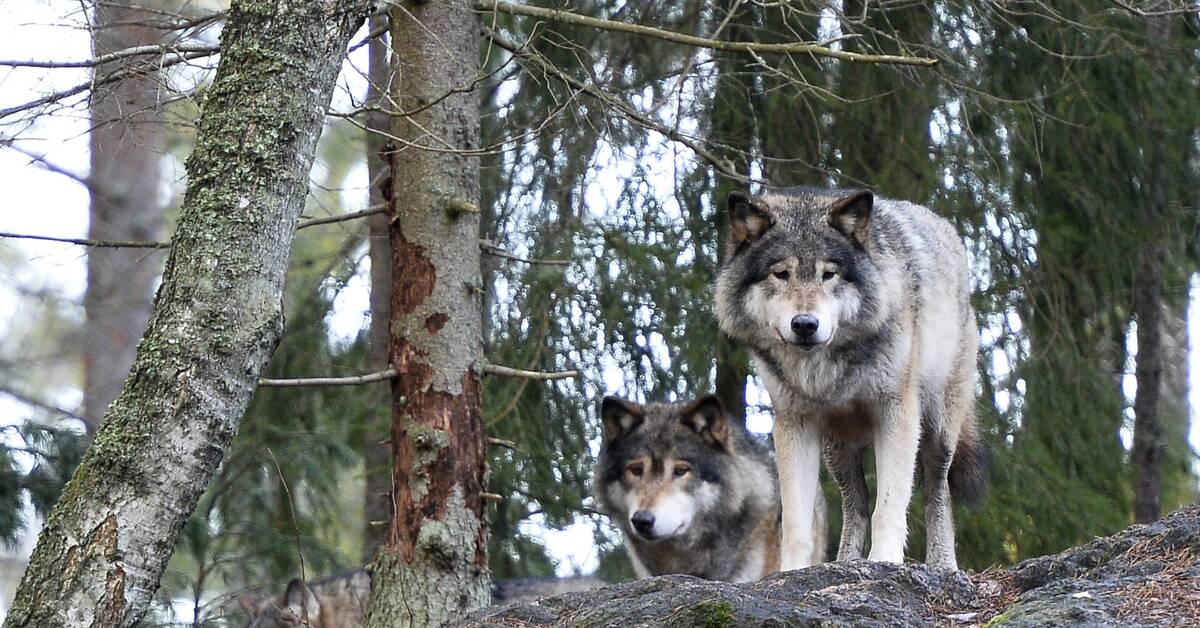500 randomly selected people plus 117 hunting dog owners and 192 domestic animal owners, all residents within Östergötland's only wolf territory, the Långbogen area, have been asked by the County Administrative Board's questions about how they view predators.
- We will increase communication and information with those who live and work in the area, says Fredrik Näsman, game manager at the county administrative board.
The survey showed, among other things, that almost half believe that the County Administrative Board of Östergötland provides too little information about large predators.
About low confidence in the county administrative board and concern about not being understood in the video above.
Some brief results about the view of predators from the public
living within the Långbogen area:
• Every fifth person (21 percent) thinks that there are wolves near where they live, while about half dislike it and think that there should be fewer wolves in their immediate area.
• Acceptance for lynx is generally greater than for wolves.
The majority answer that the lynx can be as many as now or slightly more.
• 37 percent feel insecure about having wolves near where they live.
• Interest in predators has increased, while interest in moving around in nature has decreased.
• The majority state that the willingness to stay in the area is unchanged.
• 37 percent state that they have seen wolves at some point and that they experienced the situation as both exciting and unpleasant.
Some brief results from the survey with domestic animal owners
within the Långbogen area:
• One third states that their animal husbandry has decreased over the past five -year period and the main reason for this is the presence of predators.
• Few participants in the survey have predator -rejecting fences approved by the county administrative board and 41 percent have not taken preventive measures.
Some brief results from the survey with hunting dog owners
within the Långbogen area:
• 70 percent of participants have stated that they have reduced their use with hunting dogs during the last five -year period, where the biggest reason is the presence of predators.
The vast majority have chosen not to stop hunting with a dog.
The reason for those who have stopped using dogs while hunting is mainly the presence of predators.
The response rate for their three different surveys varies between 46 and 78 percent.

